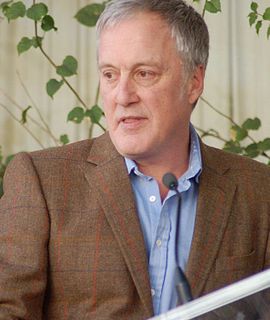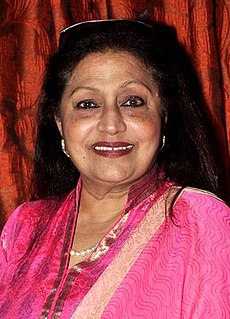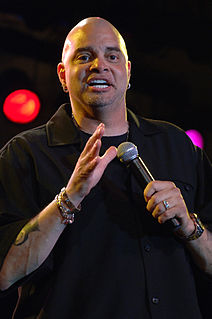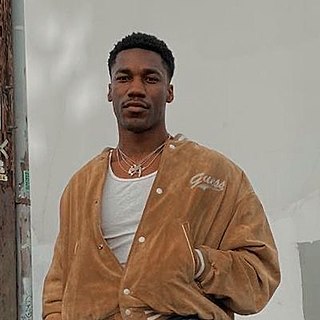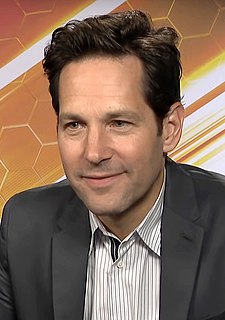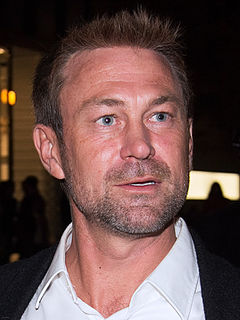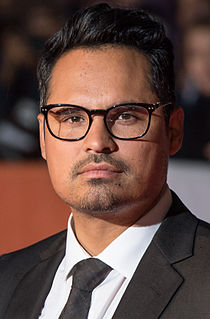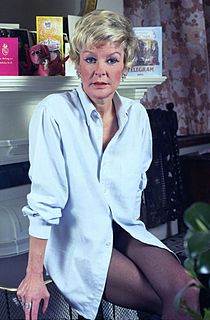A Quote by Joyce Carol Oates
I tend to think in dramatic terms. In life, there may be an actual drama, but it would be the fictionalized, imagined drama that engaged me.
Related Quotes
I have done much more dramatic work than comedic work, but I think comedy is harder than drama in a way. I think it's one of those things that's constantly discussed - people who do comedy think it's harder, people who do drama think it's harder. Usually drama is the one that gets this highbrow respect.
In a film, there are dramatic moments and a bunch of different moments that lead up to a dramatic moment. On some songs, I try to paint the picture of before that drama happens, so by the time you get to the end of the project you've experienced infatuation and intimacy before it dives off to drama.
My parents brought us up in a very clever way, which was that they saw what we were interested in naturally, and then they encouraged whatever that may be. When I started sharing a keen interest in drama and the theater, instead of steering me away from it, they encouraged me to see plays and think about drama school.

